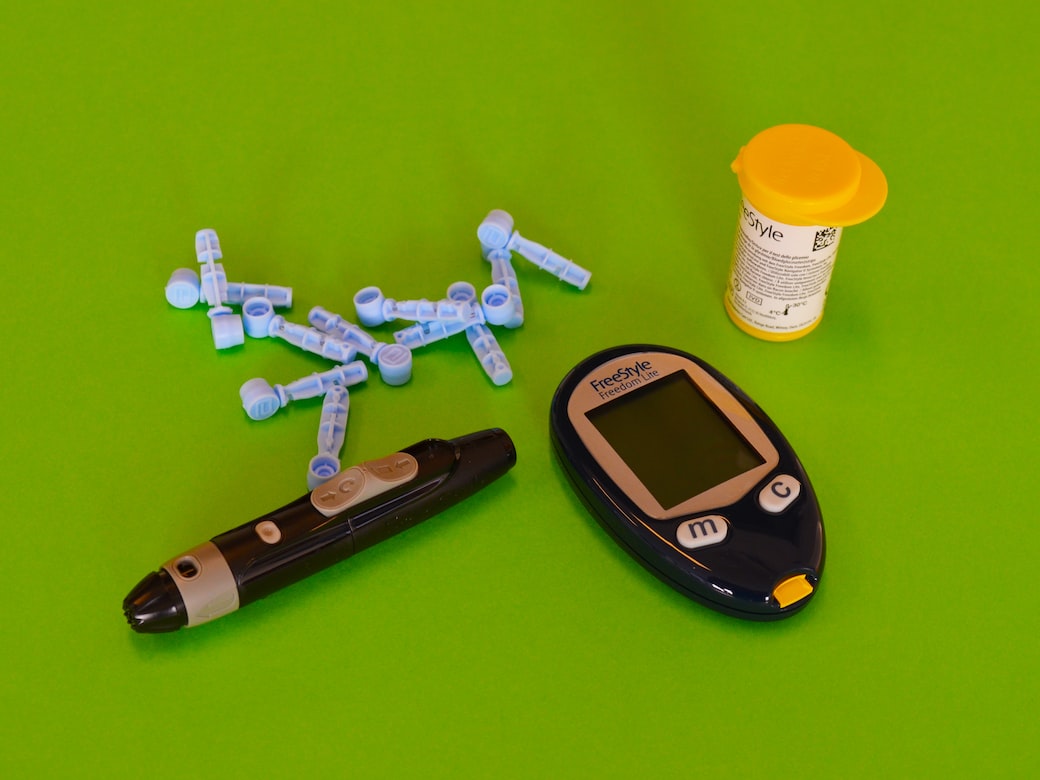Diabetes is a chronic condition that affects millions of people around the world. It is a disorder that impairs the body’s ability to produce or use insulin effectively, resulting in high blood glucose levels.
Diet plays an essential role in managing diabetes, and many people wonder if they can include bread in their diet.
In this article, we will take an in-depth look at one of the most beloved bread types in the world – French bread – and explore its nutritional value, impact on blood sugar levels, and whether it is safe for diabetics to consume.
Introduction to Diabetes and Bread
When you have diabetes, you have to be mindful of the food you eat, including bread. Bread has been a part of our diet for thousands of years and is one of the most consumed foods worldwide.
Bread comes in different types, shapes, sizes, and flavors. However, not all bread is created equal when it comes to diabetes management.
Some bread is higher in carbohydrates, added sugar, and unhealthy fats than others, making it less suitable for someone with diabetes. The type of bread you choose to eat can significantly affect your blood sugar levels, so it is essential to make wise choices.
What is French Bread?
French bread is a versatile bread type that originated in France in the 18th century. It is a long, skinny loaf with a crispy crust and a soft, chewy interior. French bread is made from simple ingredients: flour, water, yeast, and salt.
The dough is hand-kneaded, allowed to rise, and then baked at high temperatures, resulting in a distinctive aroma and flavor. French bread has become popular worldwide and is a staple in many households and restaurants.
Nutritional Value of French Bread
French bread is a low-fat bread type, with most of the calories coming from carbohydrates. A one-ounce slice of French bread contains around 70 calories, 14 grams of carbohydrates, one gram of protein, and less than one gram of fat.
French bread also contains small amounts of fiber, calcium, iron, and magnesium. However, the nutritional value of French bread depends on the type of flour used in its making.
White bread, for instance, is less nutritious than whole grain bread, so it is crucial to read the label before buying.
Impact on Blood Sugar Levels
The glycemic index (GI) is a measure of how much a particular food affects blood sugar levels. Foods with a high GI value cause a sharp spike in blood sugar levels, while those with a low GI value cause a slower and more sustained increase.
French bread has a high GI value, meaning it can cause a sudden rise in blood sugar levels. However, the GI of French bread varies depending on the type of flour used, the fiber content, and the fermentation process.
Carbohydrate counting is essential in diabetes management, and it is recommended to limit the intake of high GI foods.
French Bread and Diabetes
The answer to whether French bread is good for diabetics is not straightforward. French bread is high in carbohydrates and has a high GI value, which can make it challenging to fit into a diabetic diet.
However, moderation is key, and some people with diabetes can eat French bread in limited quantities without causing significant fluctuations in blood sugar levels. The best way to incorporate French bread into a diabetic diet is to pair it with protein and healthy fats, such as cheese or avocado, to slow down the absorption of glucose into the bloodstream.
French Bread vs Whole Grain Bread
Whole grain bread is often touted as the healthier bread option for people with diabetes because of its high fiber content, low GI value, and potential for improved blood sugar control. However, French bread and whole grain bread have some nutritional differences.
French bread is low in fat and saturated fat and contains small amounts of minerals, while whole grain bread is typically higher in fiber, protein, and essential nutrients such as B vitamins, iron, and zinc. Taste and texture are also important factors to consider.
French Bread Recipes for Diabetics
There are many ways to enjoy French bread in a diabetic-friendly manner. You can try making low-carb French bread alternatives, such as almond flour bread or flaxseed bread.
You can also incorporate French bread into healthy meals, such as a salad with grilled chicken and veggies or a vegetable and hummus sandwich. Another idea is to make a tuna melt with whole-grain French bread, low-fat cheese, and a serving of green salad on the side.
Benefits of French Bread for Diabetics
Despite its high carbohydrate content, French bread can still play a role in a diabetic diet. It is low in saturated fat, high in complex carbohydrates, and can provide a source of energy for physical activities.
French bread may also have a positive impact on blood sugar control, depending on several factors, such as the type of flour used, the baking method, and portion size.
Risks and Precautions
Like any other food item, French bread has its risks and precautions. Some people may have an allergic reaction to French bread due to certain ingredients.
Additionally, French bread is often high in sodium, which can contribute to high blood pressure in some people. It is crucial to consume French bread in moderation and consider limiting the intake of other high-sodium foods.
Final Thoughts and Conclusion
In conclusion, French bread is not off-limits for people with diabetes, but it requires careful consideration and moderation. French bread’s nutritional value, impact on blood sugar levels, and potential benefits and risks should be weighed when making food choices.
Furthermore, individualized dietary plans and consultations with healthcare professionals are essential in managing diabetes effectively. With the right knowledge and attitude, you can still enjoy the deliciousness of French bread while keeping your diabetes under control.

